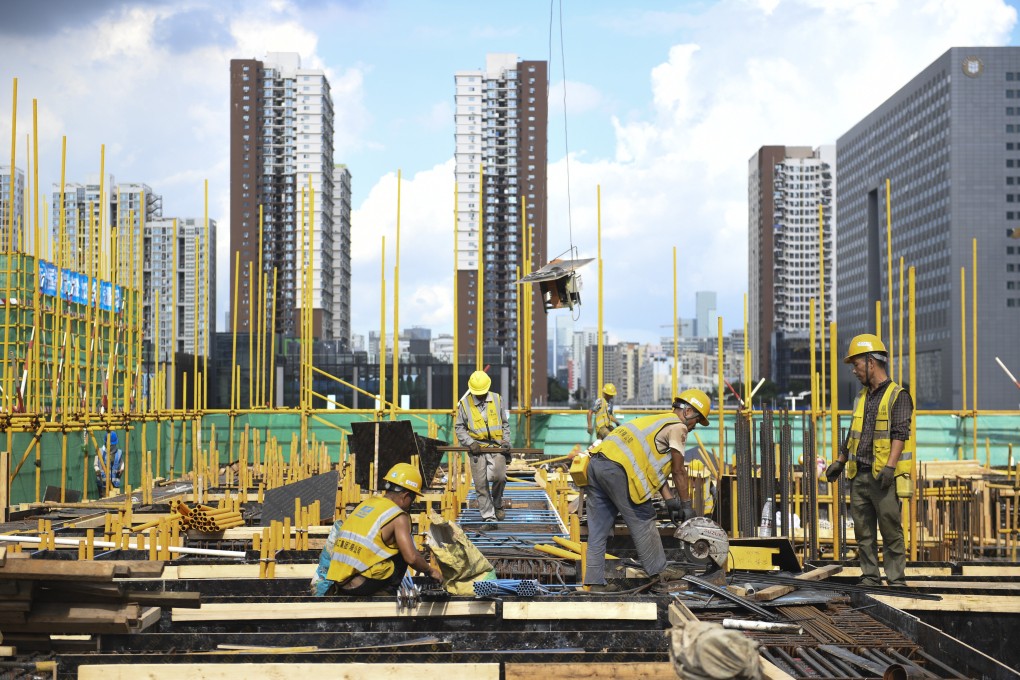Advertisement
The View | Let Hong Kong’s young people help create a Qianhai ‘super zone’
- It is no surprise the Hong Kong government’s efforts at promoting the Greater Bay Area to young people have been ineffective so far
- Hong Kong needs bold, innovative planning that puts people first and promotes social inclusiveness and collaboration from the bottom up to make the Qianhai plan a success
Reading Time:3 minutes
Why you can trust SCMP
3

I expect the chief executive’s upcoming policy address will help Hong Kong people, younger generations in particular, to fully grasp the opportunities in Qianhai, as well as develop the local economy and people’s livelihood.
Beijing’s planned expansion of Shenzhen’s Qianhai economic zone aims to accelerate the integration of Hong Kong into the Greater Bay Area. However, most local young people do not want to work there. This is despite an extensive publicity campaign by the Hong Kong government and the Greater Bay Area Youth Employment Scheme, which offers a monthly salary of at least HK$18,000 (US$2,300) for up to 18 months.
So, why are young people not interested in these opportunities? According to a survey of more than 1,000 Hong Kong youths by local think tank MWYO Youth Office, more than 80 per cent of respondents were not interested in the employment scheme. Young people’s desire for full-time employment in the Greater Bay Area was largely unchanged from a similar 2019 survey, falling 0.9 per cent.
Advertisement
Many respondents expressed concern about low salaries, even though having a higher salary could make employers more demanding and mainland colleagues jealous. Employment prospects after the 18-month period were another issue. Work experience on the mainland might not be recognised in Hong Kong and youths could find it difficult to get another job after returning home.
If these young people want to stay on the mainland, they may struggle to find a job with a monthly salary above HK$18,000, as the average for jobs in most cities in the Greater Bay Area is less than 60 per cent of similar positions in Hong Kong. In addition, the survey found that young people were worried about freedom of information and quality of life on the mainland.
Advertisement
Advertisement
Select Voice
Select Speed
1.00x

